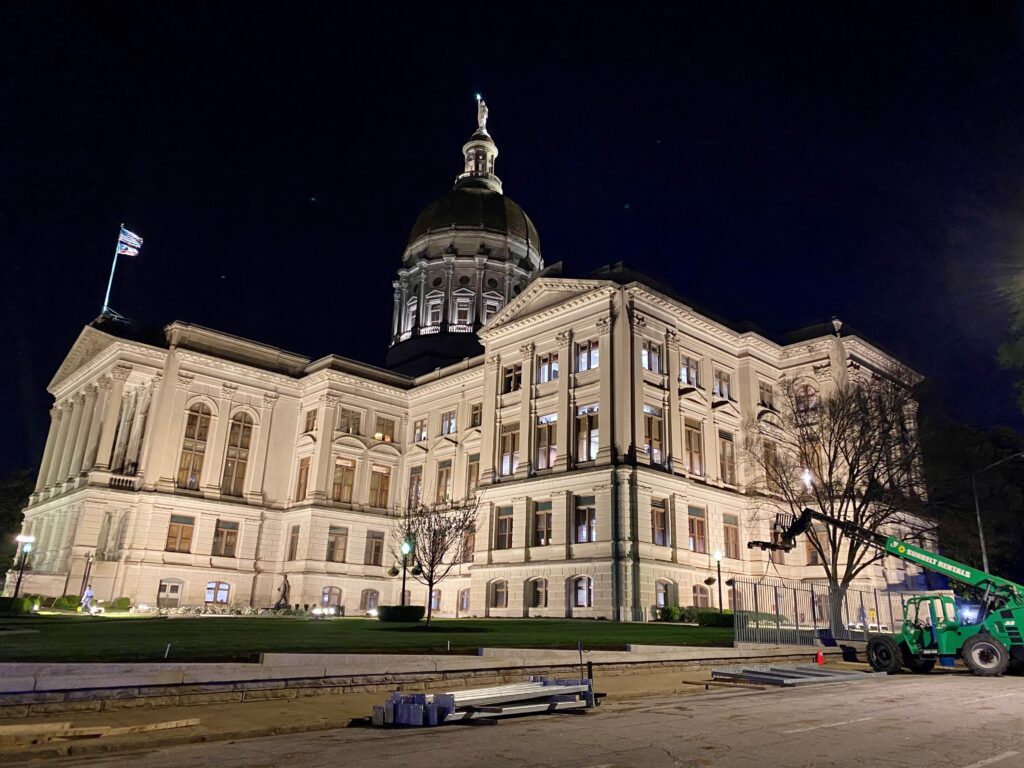
ATLANTA – The General Assembly gave final passage to a $36.1 billion fiscal 2025 state budget Thursday night, including raises for state employees and public school teachers as well as an 11th-hour influx of funding for Georgia’s Pre-Kindergarten program.
The spending plan, which passed the state House 175-1 and the Senate 54-1 in the final hours of this year’s legislative session, represents an increase of $3.7 billion over the fiscal 2024 budget lawmakers adopted last spring.
It includes 4% cost-of-living raises for most state and university system workers, with an additional $3,000 for employees in state agencies suffering large turnover rates, including law enforcement officers and welfare workers. Teachers would get increases of $2,500.
The budget also contains substantial increases in funding for various education initiatives, including $243 million to account for student enrollment growth, $200 million to buy more school buses, and $108 million in school safety grants to upgrade security on public school campuses. Every public school in Georgia will get grants of $45,000.
A late-arriving increase of $48.4 million would go to Georgia’s lottery-funded pre-kindergarten program, thanks to brisk lottery ticket sales. Gov. Brian Kemp announced late Wednesday he would revise his revenue estimate upward to make room for the additional funds.
“Ensuring Georgia’s children have the strongest possible start in their educational career continues to be a priority for my administration,” the governor wrote in a letter to the chairmen of the House and Senate Appropriations committees. “I am increasing my revenue estimate … to further address class size, teacher pay, and capital and operational needs critical to the continued success of our nationally recognized Pre-Kindergarten program.”
“We made progress for the first time in 30 years on pre-k,” added House Speaker Pro Tempore Jan Jones, R-Milton, who chaired the Working Group on Early Childhood Education, which released a report in January blaming declining pre-k enrollment on an inability to find teachers willing to work at state-funded salaries and inadequate state funding for opening and operating classrooms.
The ’25 budget also includes $10.7 million for a technology upgrade inside state prisons to head off a flood of cellphones being smuggled in to inmates. Another $18.6 million will boost reimbursement rates to health-care providers.
Lawmakers approved $6.3 million for free breakfasts and lunches for 64,000 children from low-income families.
In a departure from the usual policy of borrowing the funds for building projects, the state’s $16 billion budget surplus allowed the legislature to load up the spending plan with $1.2 billion in cash for a variety of projects. Of that amount, $866 million would go toward buildings at public schools, colleges and universities, and at state agencies.
The budget now heads to Kemp’s desk. Governors typically sign annual budgets in early May.